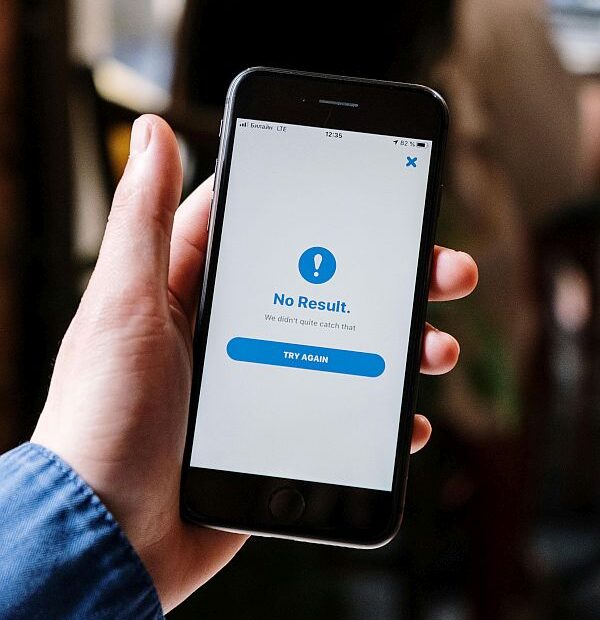Losing touch with someone can leave you with questions, especially if their absence feels out of the ordinary. If you find yourself wondering about their well-being, and particularly if they might have passed away, searching for the truth can be a delicate and emotional process.
This guide will walk you through practical steps to uncover this information thoughtfully and respectfully.
Why You Might Be Searching
There are many reasons why you might want to confirm if someone has passed:
- Unusual Silence: A person you usually hear from has gone quiet, and it’s concerning.
- Rumors: You’ve heard about their possible passing, but the details are unclear.
- Official Reasons: Estate matters or other legal concerns may require verifying if someone is deceased.
Whatever your reason, being clear about your intent can help you approach the process with care and respect.
Start Online: A Simple Place to Begin
 The internet is often the easiest and fastest way to look for information. However, knowing where to search is key to finding reliable answers.
The internet is often the easiest and fastest way to look for information. However, knowing where to search is key to finding reliable answers.
Social Media
Social platforms are commonly used to share updates about significant life events. Here’s how to look:
Check Their Profile: Search for recent posts or comments. Memorial posts or tributes from friends and family are often shared online.
Search Community Posts: Sometimes, loved ones or groups post public announcements, such as service details or tributes.
Obituary and Memorial Websites
Specialized websites can provide more focused results:
Dedicated Obituary Platforms: Websites like Legacy.com often list obituaries from newspapers and funeral homes.
Newspaper Archives: Many local papers publish obituaries online.
Genealogy Tools: Platforms such as Ancestry.com or FamilySearch.org compile historical records, including deaths. Note that some may require subscriptions.
General Web Search
Typing the person’s full name alongside terms like “obituary” or “death notice” into a search engine may provide useful results. For example:
“Alex Johnson Houston obituary”
“Maria Lopez death announcement”
Talk to People Who Might Know
If online resources don’t yield answers, reaching out to others who knew the person might provide clarity.
Friends and Family
A sensitive approach works best here. A thoughtful message could look something like this:
“I haven’t been able to get in touch with [Name], and I’m a little worried. Have you heard anything about how they’re doing?”
Community Contacts
If the person was involved in a specific group, workplace, or organization, someone in that network might know more. Communities often share updates about members who’ve passed.
Look into Official Records
Public records can provide a definitive answer, especially if you’re looking for official confirmation.
Death Certificates
Governments maintain records of deaths. You can access these by:
Visiting the vital records office for the state or country where they lived.
Using services like VitalChek, which helps individuals obtain official records.
Probate Records
When someone passes, their estate may go through a legal process called probate. Probate records are often public and can be accessed through local court systems.
Social Security Death Index (SSDI)
For U.S. based searches, the SSDI is a database of deceased individuals with social security numbers. This is often available via genealogy websites or by request.
Reach Out to Local Institutions
If you suspect the person passed away recently, local facilities may have relevant information.
Hospitals
Privacy laws like HIPAA in the U.S. limit what hospitals can share, but in some cases, they may confirm if someone has died, especially if you are a relative.
Funeral Homes
Funeral homes often publish obituaries and service details. If you know the person’s general location, contacting nearby funeral homes may help you gather information.
Visit Clerks’ Offices or Cemeteries
If your search is location specific, checking local records or burial sites may provide the clarity you need:
Clerk’s Office: Local government offices often maintain accessible death and burial records.
Cemeteries: Many larger cemeteries have searchable databases or staff who can confirm burial details.
Consider Professional Help
If none of the above methods yield results, a private investigator can be a helpful option. They have access to specialized databases and resources that aren’t always available to the public.
Approaching This Process with Sensitivity
Searching for information about someone’s passing can be a challenging experience. Keep the following tips in mind:
- Be Compassionate: Approach friends, family, and anyone else involved with empathy and respect for their feelings.
- Double Check Sources: Ensure that the information you gather comes from credible and reliable sources.
- Take Care of Yourself: This process can be emotionally taxing. Don’t hesitate to lean on friends or seek support if needed.
Final Thoughts
Trying to confirm if someone has passed away is never easy, but taking it step by step can help you handle the search with care. Whether you’re seeking closure, fulfilling a responsibility, or simply worried about someone you care for, these tools and approaches can guide you.
Above all, approach the situation with kindness…both toward others and yourself. Life is full of meaningful connections, and honoring those we’ve lost starts with thoughtful actions, even in difficult times.
